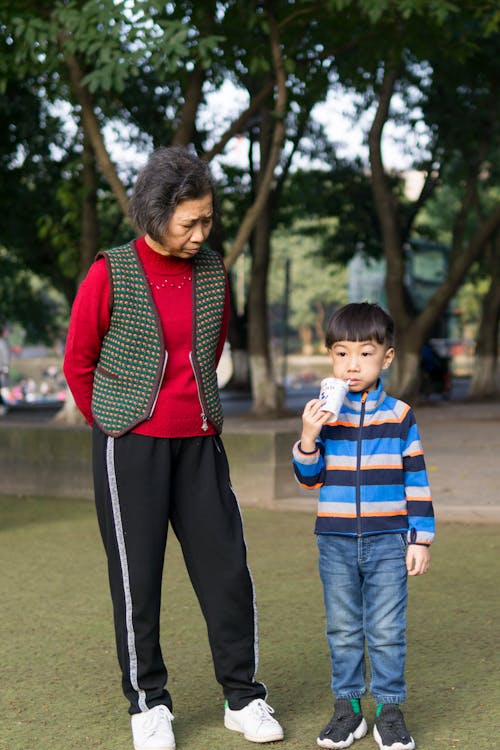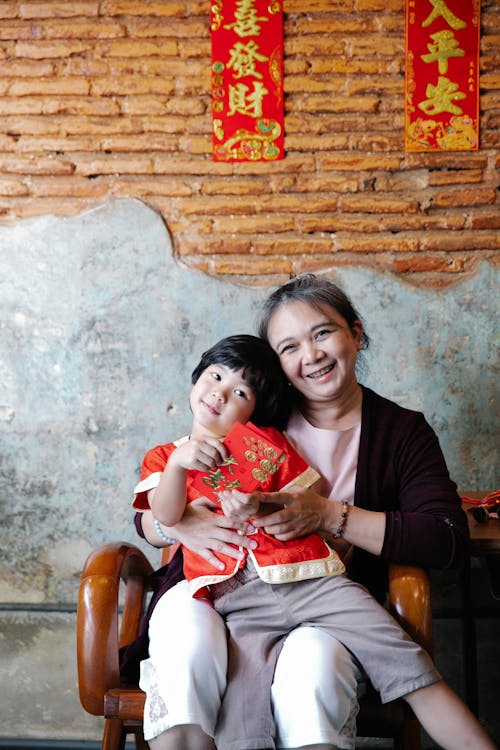According to research findings from 2018, dementia affected nearly 50 million people on a global scale. What’s even more alarming is that it is expected to affect 82 million people by 2030.
Luckily, we can care for dementia patients by taking appropriate steps. With professional caregiving programs and simple steps, we can take care of the mental health of our loved ones.
Dementia in Singapore
In Singapore, a study led by the Institute of Mental Health revealed shocking findings in 2015. The stats showed that dementia could affect one in ten individuals aged 60 and above. This figure means that 150 million individuals are expected to hit by dementia by 2050.

What is Dementia?
Most people believe dementia is a part of our body’s normal aging process. This notion is nothing but a misconception. In reality, dementia is a set of conditions that manifest through numerous symptoms. Alzheimer’s disease is one of the most common forms of dementia.
Let’s first find out about the different stages of dementia.
What Are The Seven Stages of Dementia?
Here are the seven stages of dementia you should know about.
Stage 1
During this stage, there is no impairment. There are no blackouts or other symptoms of dementia.
Stage 2
A senior may have trouble maintaining a regular routine. However, since the person can still do great on relation assessment tests and shows no significant personality changes, most people don’t get a diagnosis and continue with their everyday activities.

Stage 3: Mild Decline
During the third stage, the friends and families of the affected person may start observing cognitive decline. Your family doctor can detect impaired brain function as the person is unable to do well on tests and shows numerous symptoms.
Stage 4: Moderate Decline
Affected individuals are unable to solve simple arithmetic problems and experience difficulty finding things. 
Stage 5: Moderately Severe Decline
By the fifth stage, the disease’s progression results in more complications. When the disease affects someone, he/she may have trouble doing familiar tasks such as address or recall simple details. That’s because the brain deteriorates significantly during this stage. Mood changes, feeling lost and forgetting simple details such as your phone number are common as the disease progresses.
However, any person in stage 5 dementia can still use the bathroom or bathe independently without the help of nurses.

Stage 6: Severe Decline
Unfortunately, individuals undergo significant changes, during stage six. The illness progresses at a faster rate, and you need nurses for better care. Integrated care can help caregivers provide constant supervision.
Stages 7: Very Severe Decline
The final stage of dementia occurs when the disease becomes a terminal illness. Dementia affects a person’s ability and skills to respond or communicate to his/her environment. Dementia patients may still utter phrases and words, but their brain deteriorates further, which makes them lose the ability to swallow.
Is Dementia a Problem in Singapore?
Dementia is becoming a prevailing illness in Singapore. According to researches, dementia affects one in ten people above the age of 60 years. The financial strain of dementia is likely to reach up to trillions of dollars. In Singapore alone, an estimated S$2.8 billion went into dementia care in 2015. By 2030, the financial burden may almost triple.
Types of Dementia Singapore
Here are the most common forms of dementia that are affecting the residents of Singapore and worldwide.

Alzheimer’s disease: According to the Health Promotion Board, progressive illness destroys and shrinks the brain’s nerve cells. Alzheimer’s results due to a combination of environmental, genetic, mental health, and lifestyle factors.
Vascular Dementia: The disease results due to a limited supply of blood to the brain. Damaged blood vessels deprive the cells of nutrients and oxygen. The cerebrum gets affected, and the patient experiences progressive blackouts and a decline in brain function. The patient undergoes many personality changes and loses the ability to make decisions, failing to perform well on assessment tests.
Signs & Symptoms of Dementia
Symptoms of dementia vary according to the cause. However, here are some common symptoms and signs.
Psychological Changes
- Disorientation and confusion
- Personality changes
- Anxiety
- Depression
- Hallucinations
- Agitation
- Paranoia
Cognitive Changes
- Problem communicating or finding words
- Memory loss
- Find it hard to maintain personal hygiene
- Finding it hard to drive or finding your way home
- Inability to reason or solve problems
- Inability to handle complex tasks
- Having difficulty organizing and planning
- Difficulty with motor functions and coordination
How Do You Test For Dementia in Singapore?
If you live in Singapore and suspect that your loved ones are undergoing symptoms of dementia, doctors can make a diagnosis. Your doctor will consider the patient’s medical history and perform some physical tests and blood work. He may also ask for brain imaging tests.
Treatment For Dementia Patients
Since dementia is a progressive disease, caregivers can slow the progression of the illness through best care and an early diagnosis.
The Alzheimer’s disease association reveals that medication can also regulate the levels of chemicals in our brain, thereby improving some of the symptoms. Your family doctor may also recommend psychotherapy to overcome feelings of depression, anxiety, or loss. Support and education of caregivers are an important part of holistic dementia care.
Where Can I Seek Help For Dementia in Singapore?
When providing care for people with vascular dementia, there can be various physical and mental challenges. It’s important for caregivers to consult a professional doctor, check guidelines from the Alzheimer’s disease association, and have a good support system so they can provide the best care for their friends and family members.

Prevention of Dementia according to Alzheimer’s disease association
Obesity, high cholesterol, and depression are among the biggest factors that contribute to the onset of dementia. Old age is another big risk factor. To protect against dementia, we should keep our brain cells healthy and take good care of our nutrition especially when we reach 65 years of age and beyond.
Who Is At Risk for Developing Dementia?
Any person who is above the age of 65 is at risk of developing vascular dementia or Alzheimer’s disease.
Living With a Person Who Has Dementia in Singapore
Caregivers can be children, spouses, and other relatives. But sometimes, caregivers need professional caregiving programs to take care of their aging parents or grandparents.
Professional responsibilities and a hectic lifestyle can make it difficult for a caregiver to take care of the growing needs of someone who is dealing with dementia. The stress of coping up with these new responsibilities can be quite challenging.

How To Understand The Person With Dementia
Here is how you can seek help.
- Get familiar with the progression and the symptoms of the disease
- Enroll in a training course to learn about dementia care
- Sign-up for a caregiver support group
Tips For Family Members About What They Can Do To Help
With the increasing difficulties, it’s best to hire a professional caregiving service for patients for added support. Through this relationship-centered approach, caregivers can provide a personalised care plan.
Here are some benefits of signing up with professional caregiving services.
- Allow your loved ones to be in a safe environment at home
- Provide nutritious meals to your loved ones
- Keep them busy with mind-stimulating activities
- Reduce decline in cognitive and behaviour
Coping With Caregiver Stress in Singapore

Home Instead pioneered recollection care training in Singapore. We collaborated with experts on Dementia and Alzheimer’s disease to create a comprehensive training program, ‘Alzheimer’s: Disease or Other Dementias CARE: Changing Aging Through Research and Education.’
The unique program provides support to all caregivers to offer quality caregiving services to their friends or family. This program focuses on the dignity of the patient suffering from vascular dementia and nursing procedures. If you are upset or anxious, the anxiety is like to affect the patients and put their mental well-being at risk. Hence, it’s important to keep your stress levels in check and address your own care needs.

If your friend or family member is suffering from dementia, consult Home Instead. We provide specialized dementia care services in Singapore for vascular dementia patients. In addition to our Alzheimer’s Disease or Other Dementias CARE program, we provide free and no-obligation home care service consultation in Singapore. For more information and support, get in touch with us today if you want to get more tips and hire our affordable and professional dementia home care services.

